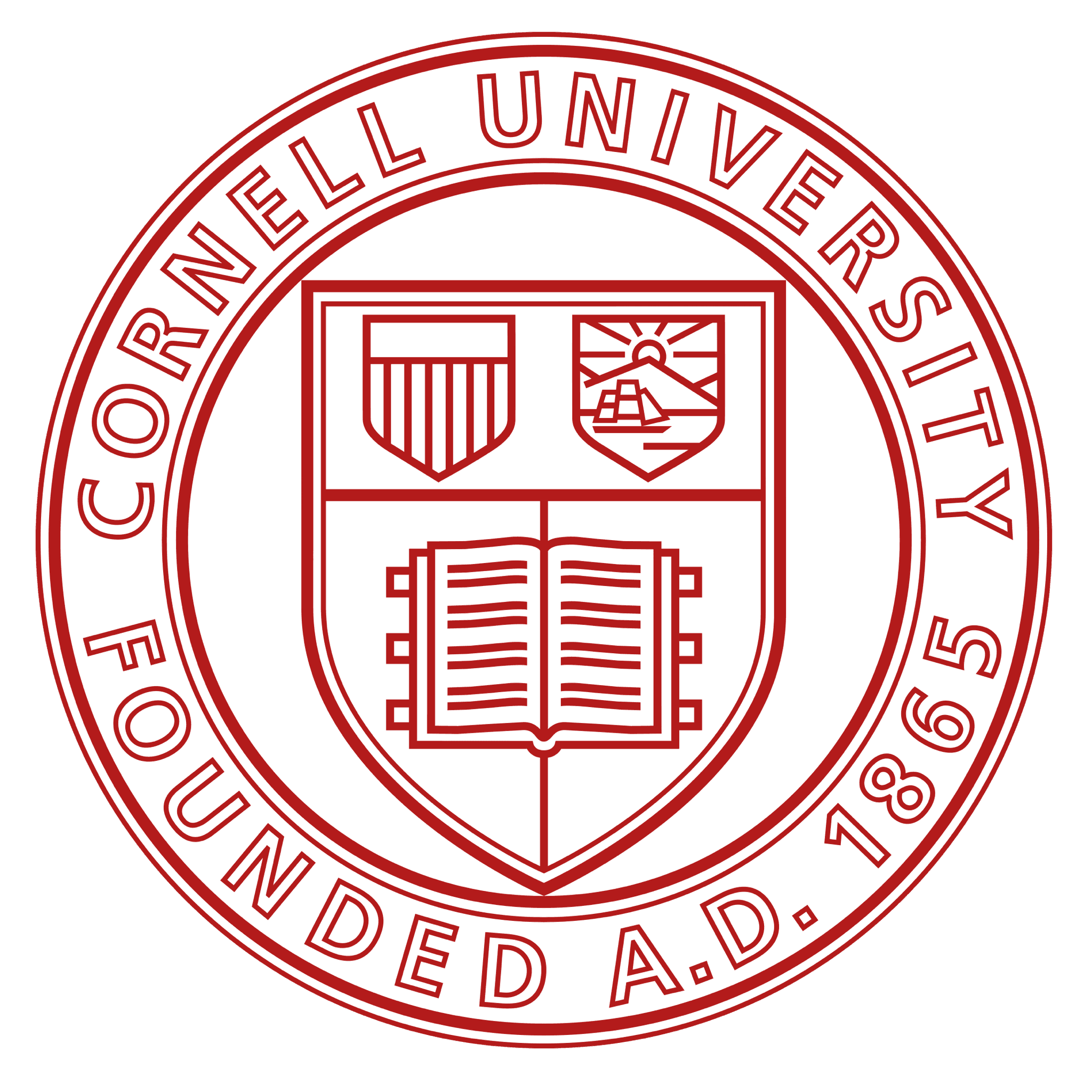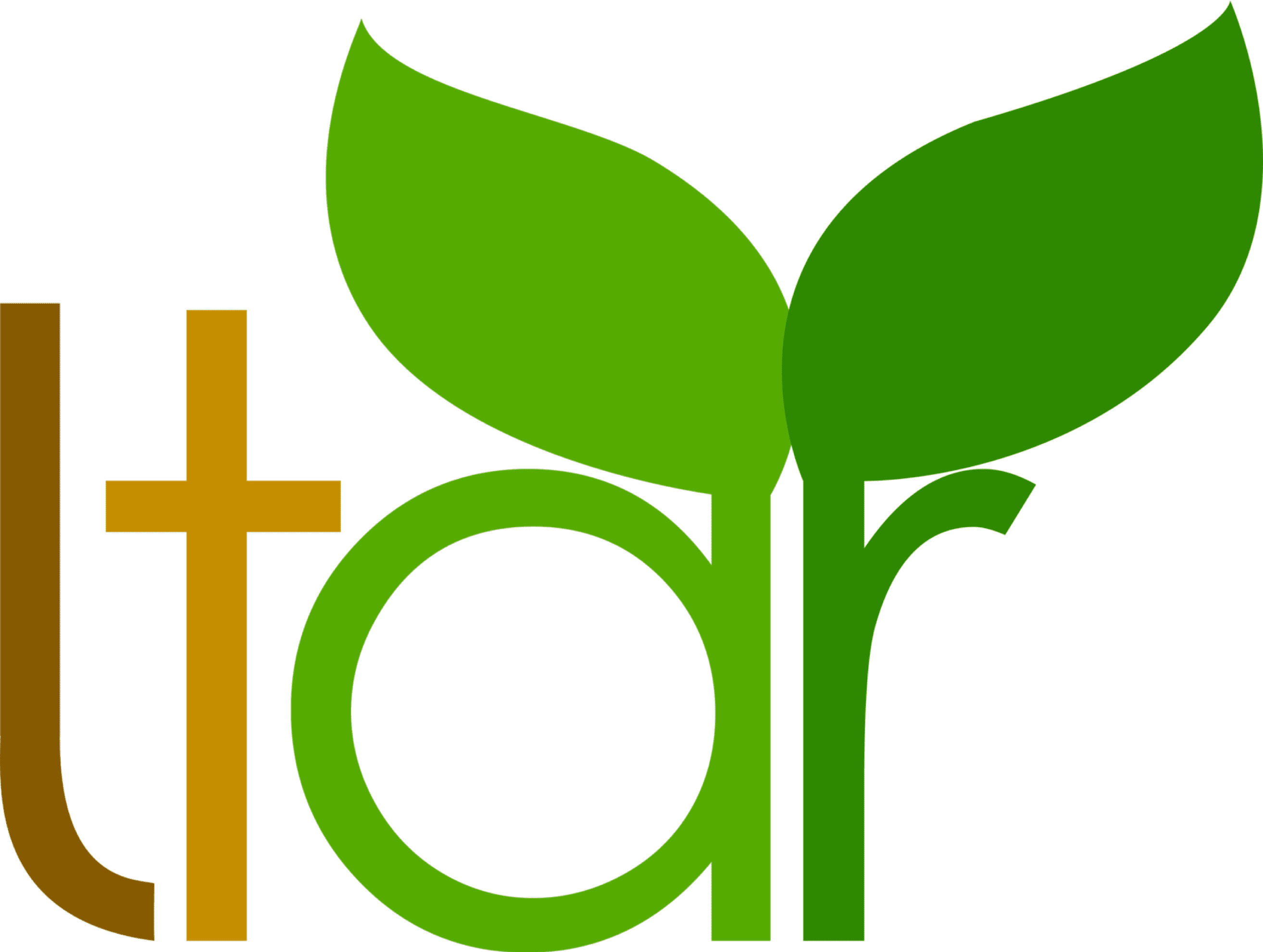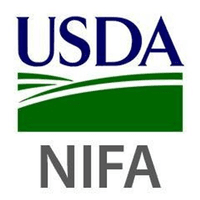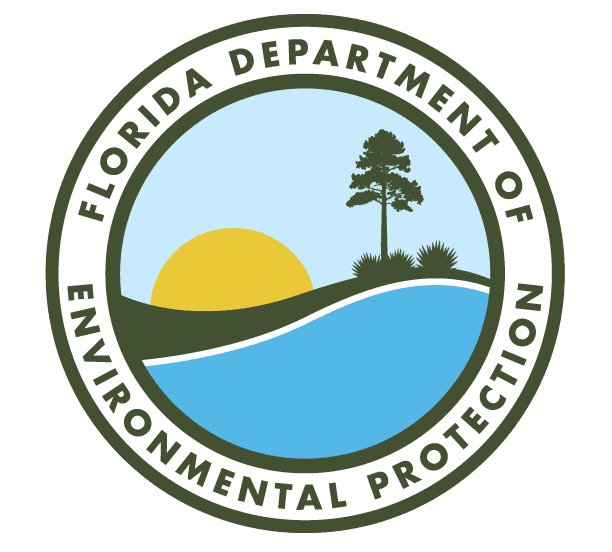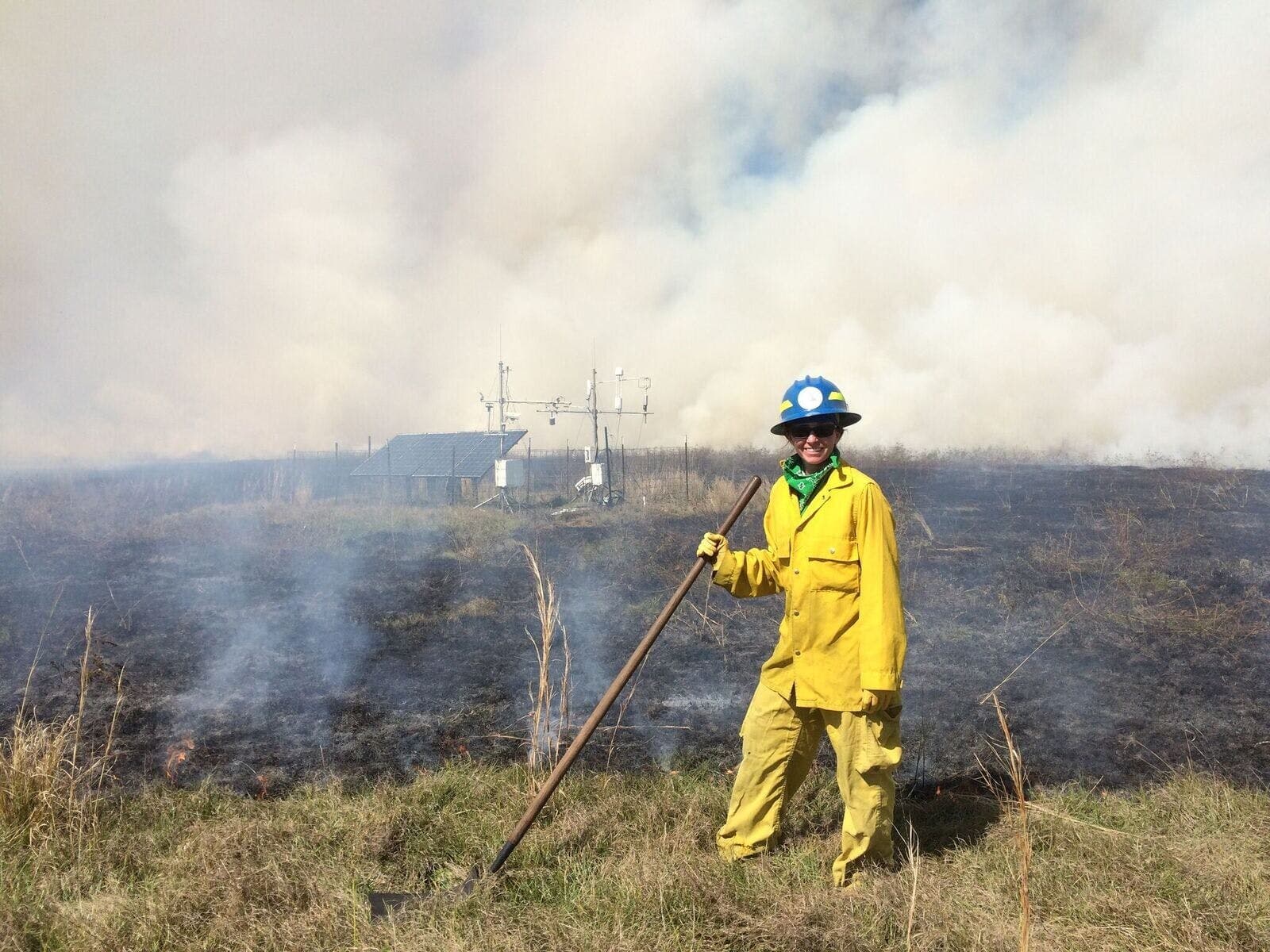
USDA Long-term Agroecosystem Research Network (LTAR)
The LTAR Network is composed of 18 sites across the United States, forming a nationwide network designed to assess strategies for sustainable intensification of agriculture at the national scale.
The LTAR Network is focused on finding solutions that maintain or increase agricultural productivity, environmental quality, and human well-being in spite of pressures such as climate change. Archbold, along with its partner at University of Florida, is an LTAR site representing subtropical, humid grasslands. The LTAR network combines strategic research projects with common measurements on multiple agroecosystems (croplands, rangelands, and pasturelands) and develops new technologies to address local and national challenges and opportunities. In addition, the LTAR network provides common measurements and data streams that complement other federally-funded national networks, such as the National Ecological Observatory Network (NEON) and the Long Term Ecological Research (LTER) network. The LTAR network employs the use of working groups to facilitate operations. These groups consist of LTAR scientists from multiple sites working together on targeted research topics or goals. Additionally, service-oriented working groups address network-wide needs such as communications and data management. Together, these working groups allow LTAR scientists to conduct multidisciplinary, cross-site research. LTAR’s hallmark common experiment contrasts site-specific “business as usual” management and “aspirational” management strategies for sustainably intensifying production, while assessing tradeoffs among ecosystem services, and using common indicators to understand and model outcomes.
Major Findings & Impact
Dr. Hilary Swain said, “We are excited to be part of the LTAR program fostered by the U.S. Department of Agriculture, and to be working with their big science approach to building a solid ecological, social, and economic foundation for understanding the future of U.S. agriculture.”
Project Details
More about this project
Data and Analysis Types
Economics, Forage production and quality, Greenhouse gases, Human Dimensions, Hydrology Productivity, Plant composition and diversity, Ranch Operations, Soil carbon and nutrients, Soil health, Water quality, Weather
Primary Location(s)
Archbold Biological Station, Buck Island Ranch, Headwaters of the Everglades Watershed, Florida Wildlife Corridor
Years Active
2015 - Present
Related People
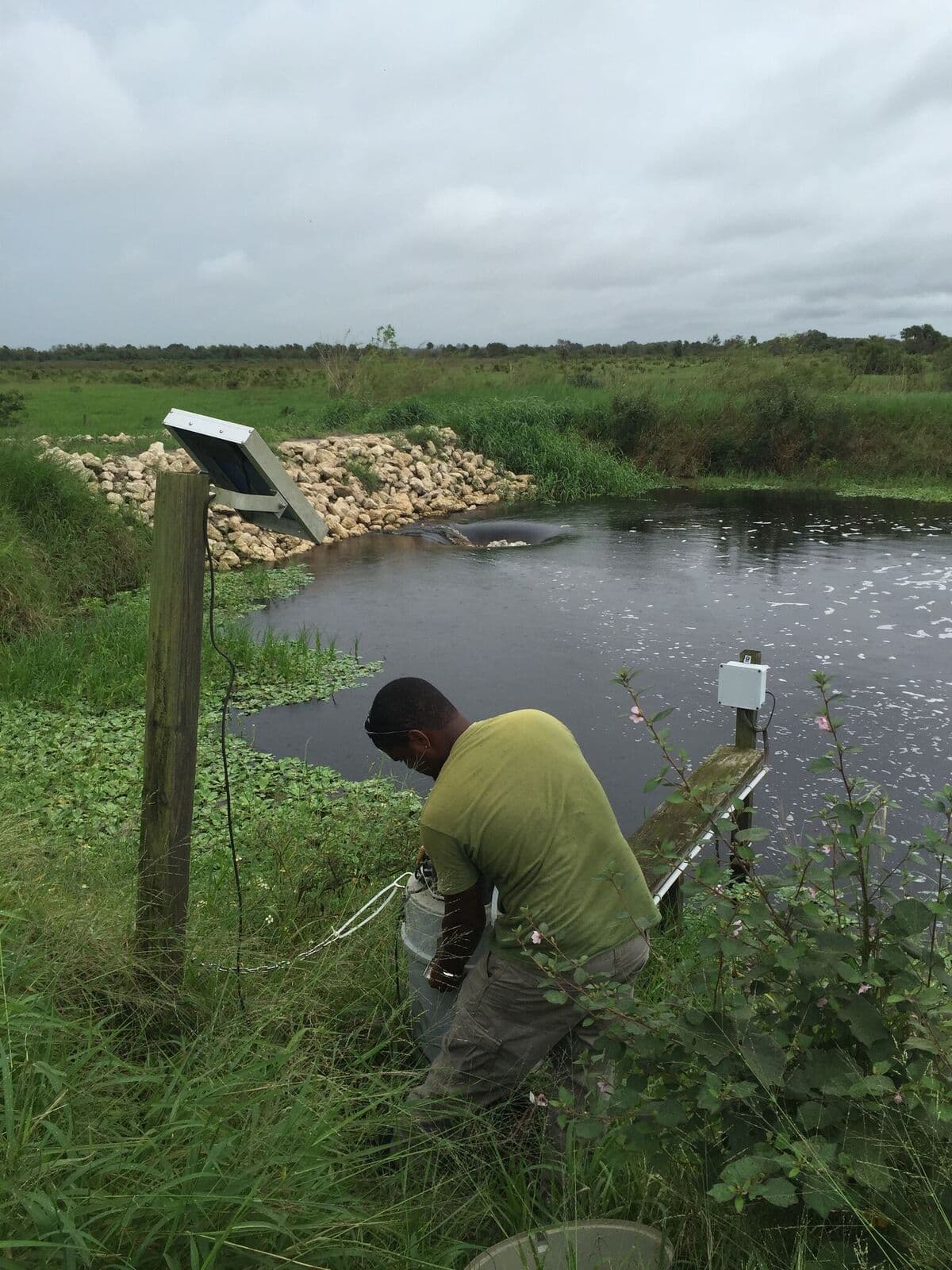
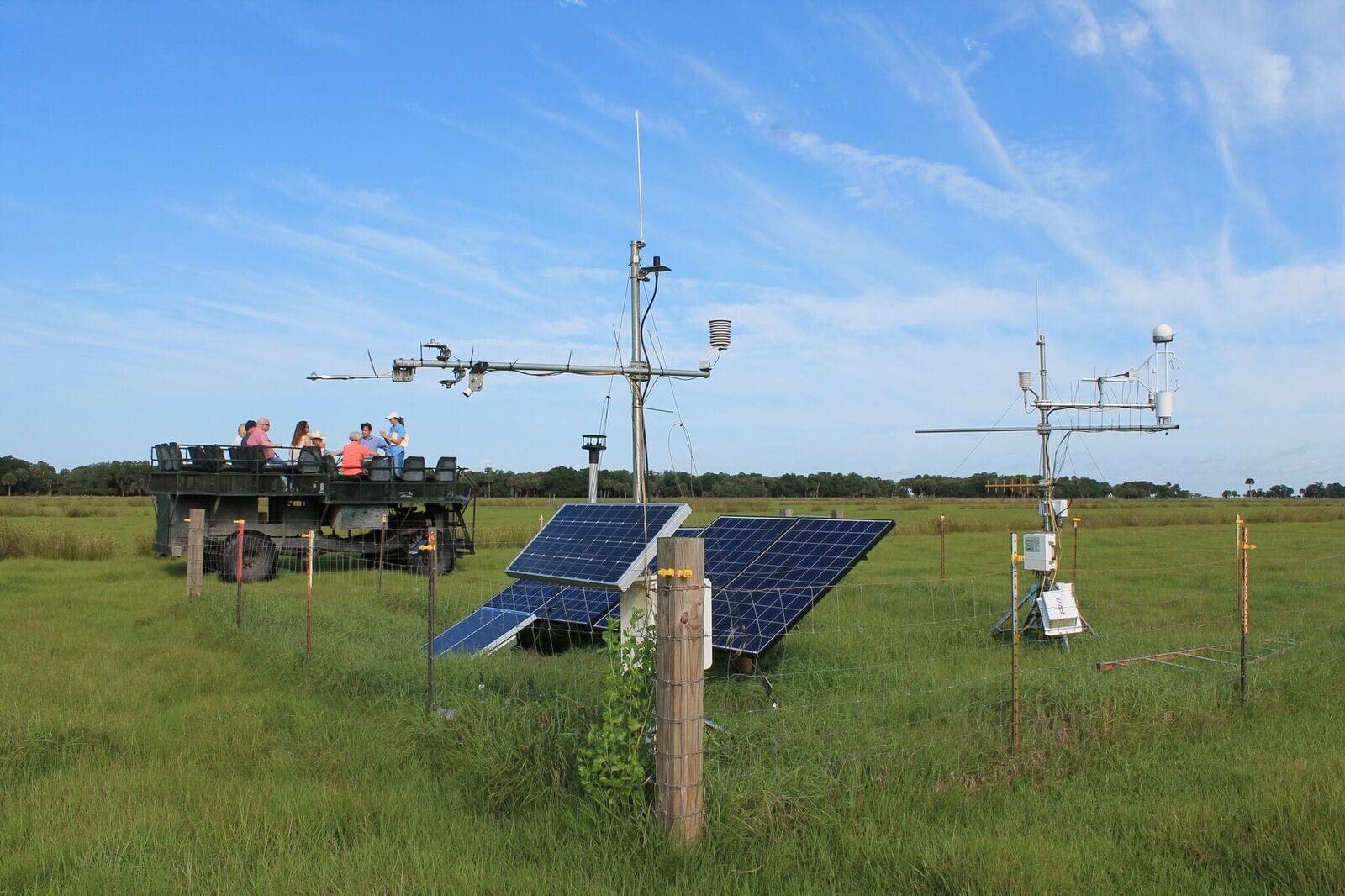
.jpg&w=3840&q=75)
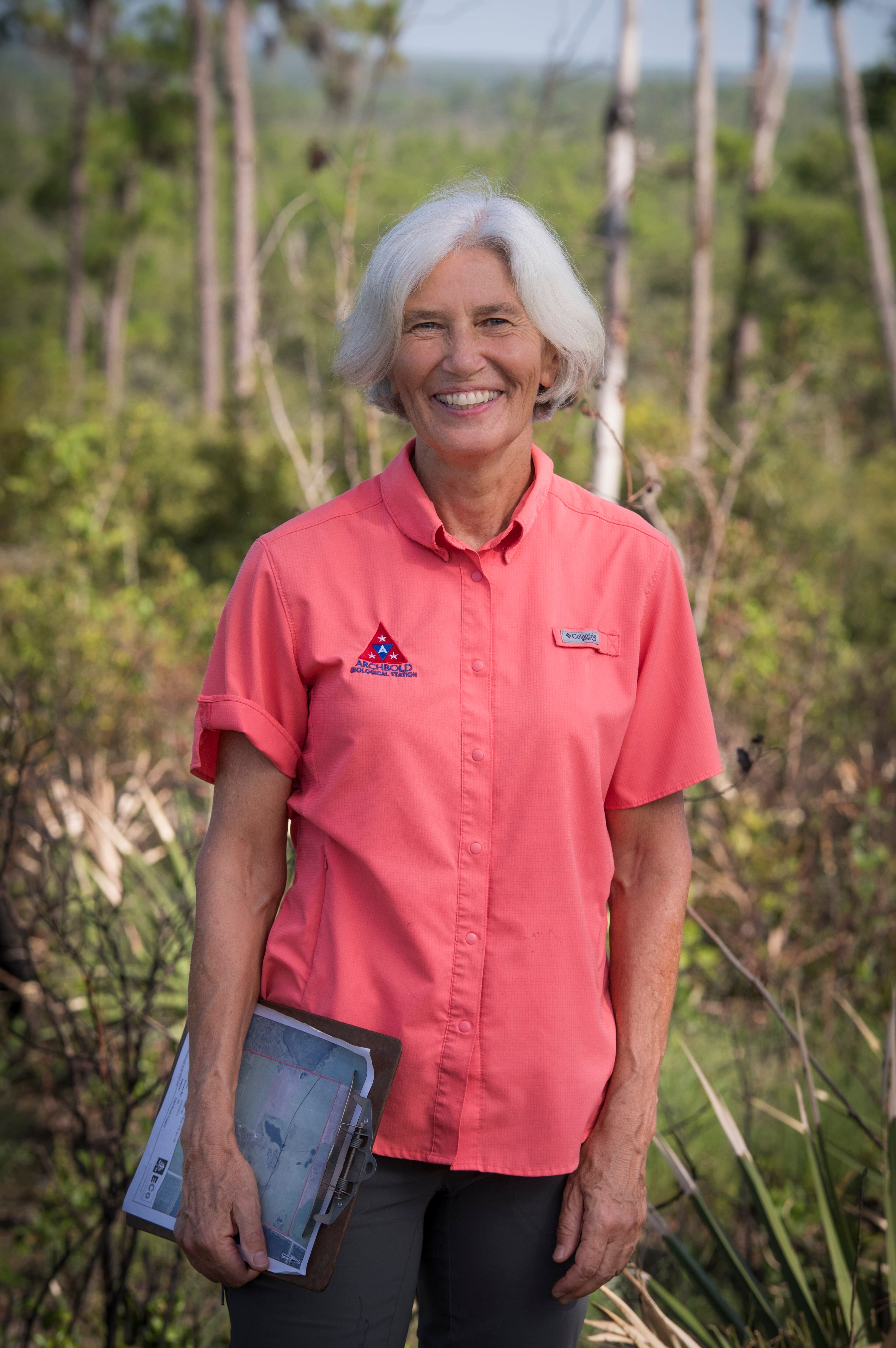
.jpg&w=3840&q=75)
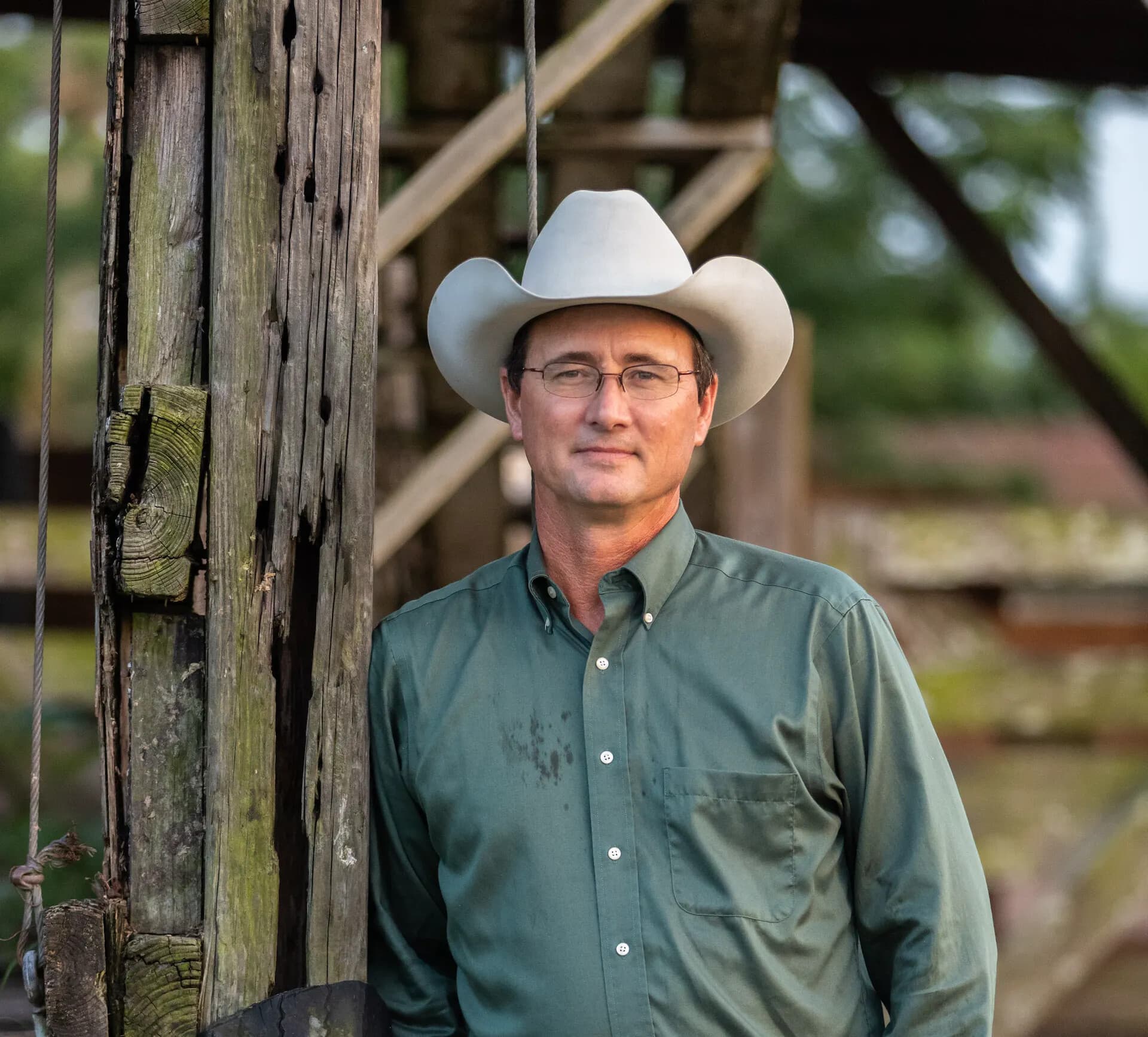
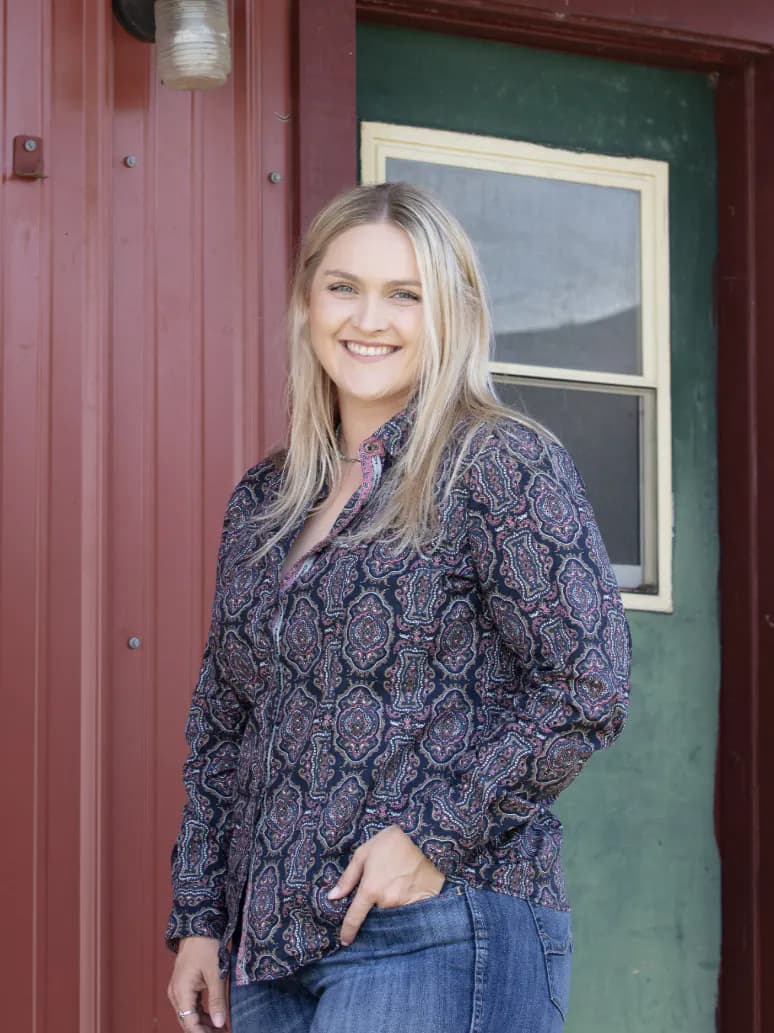

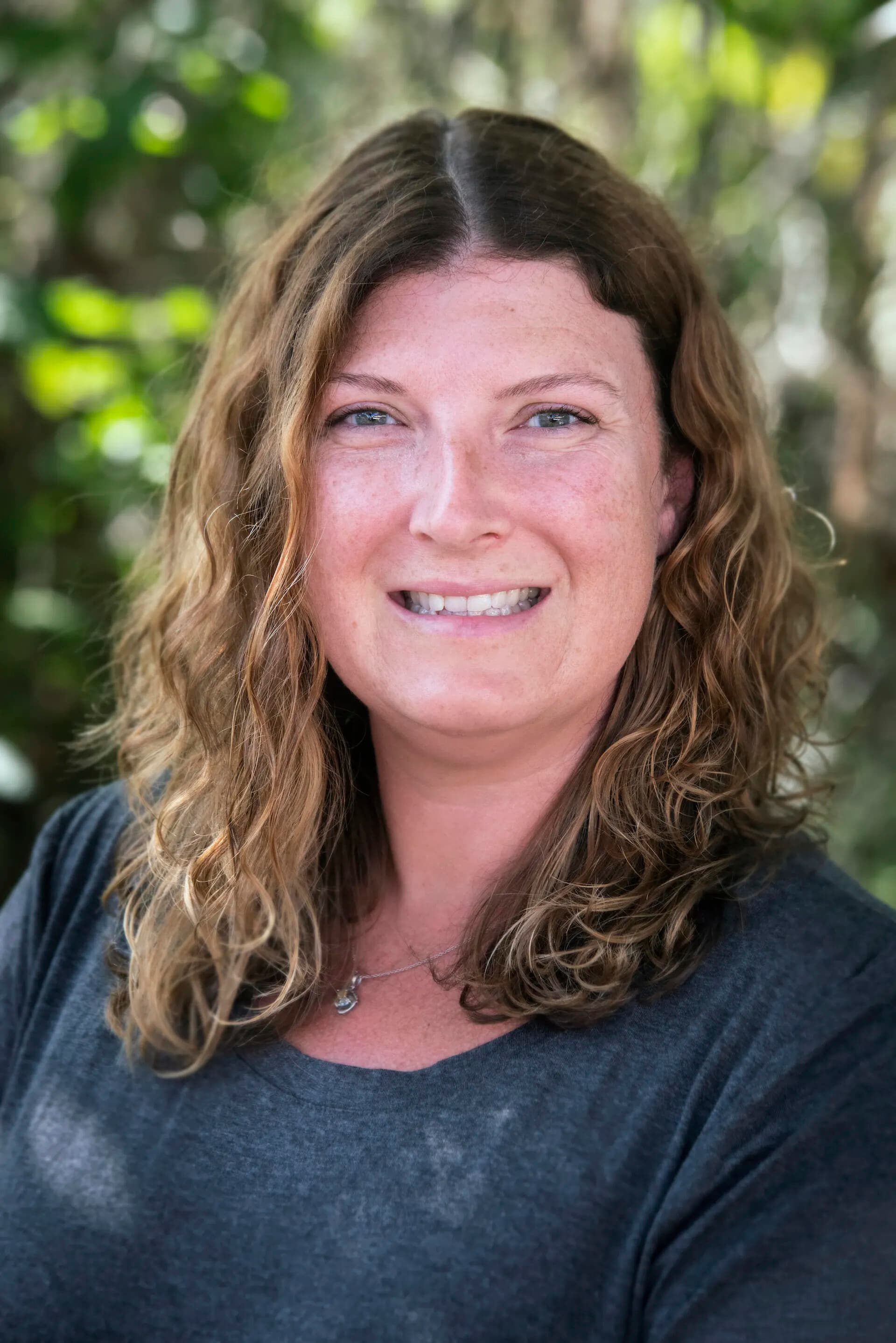
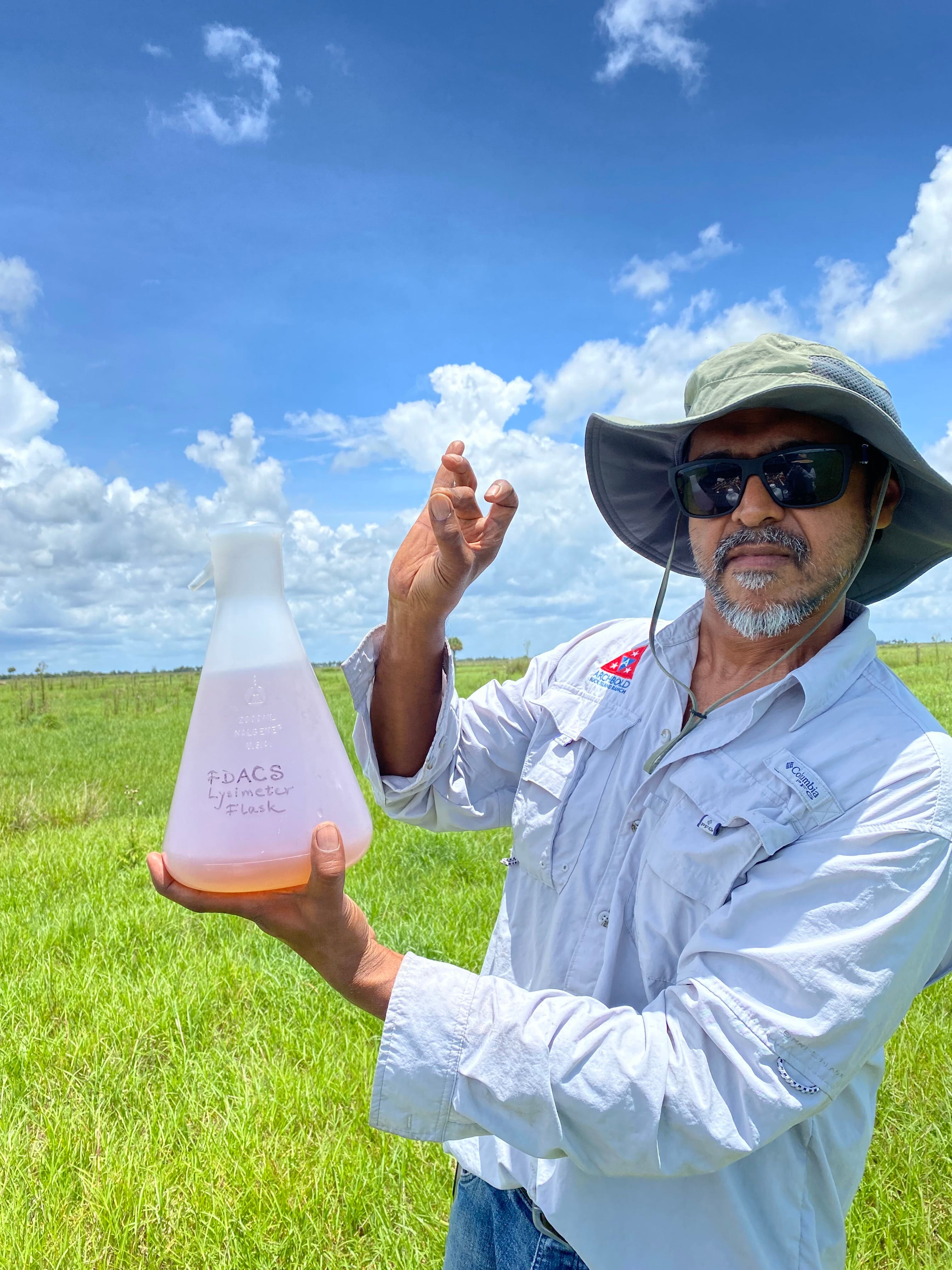

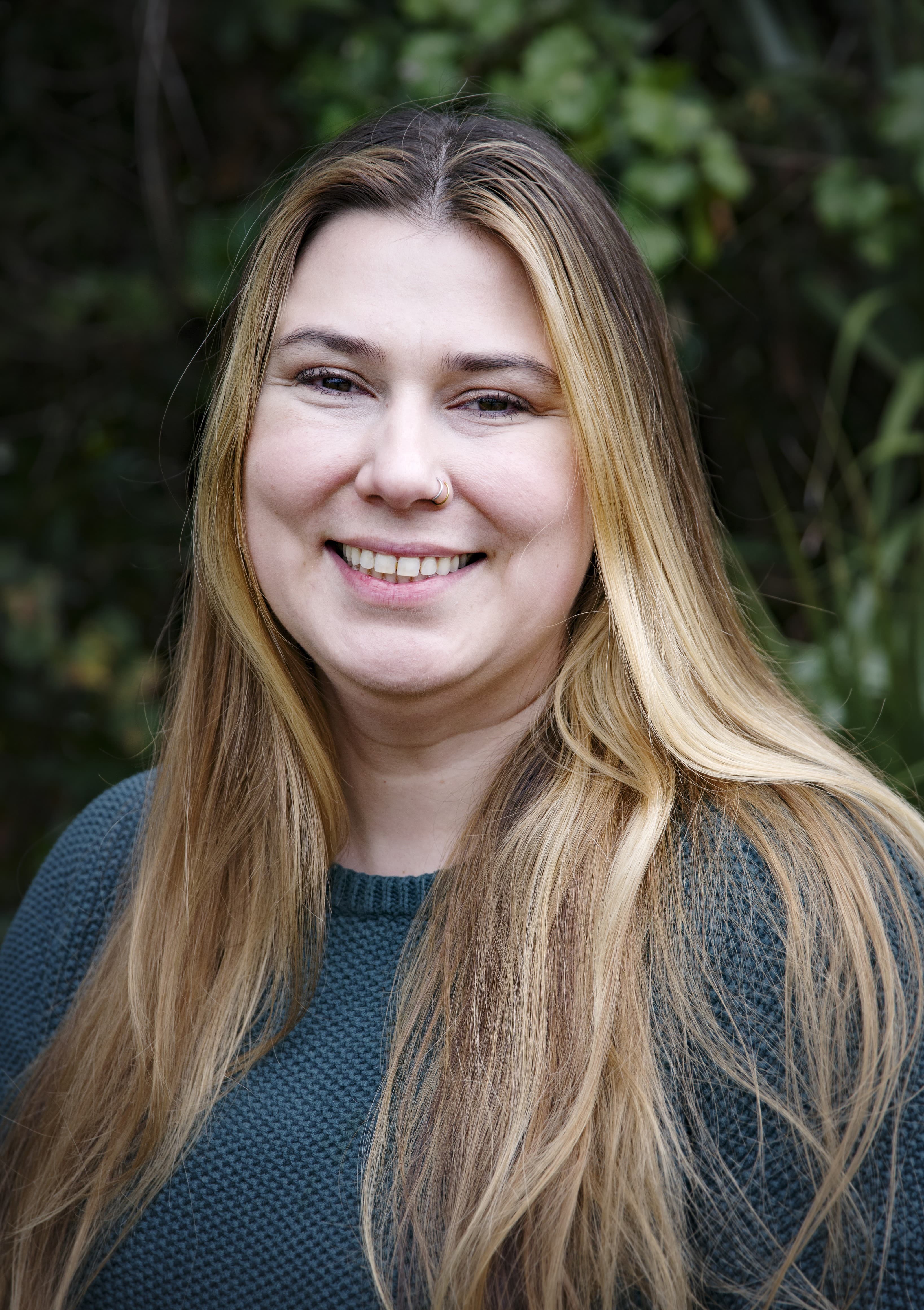
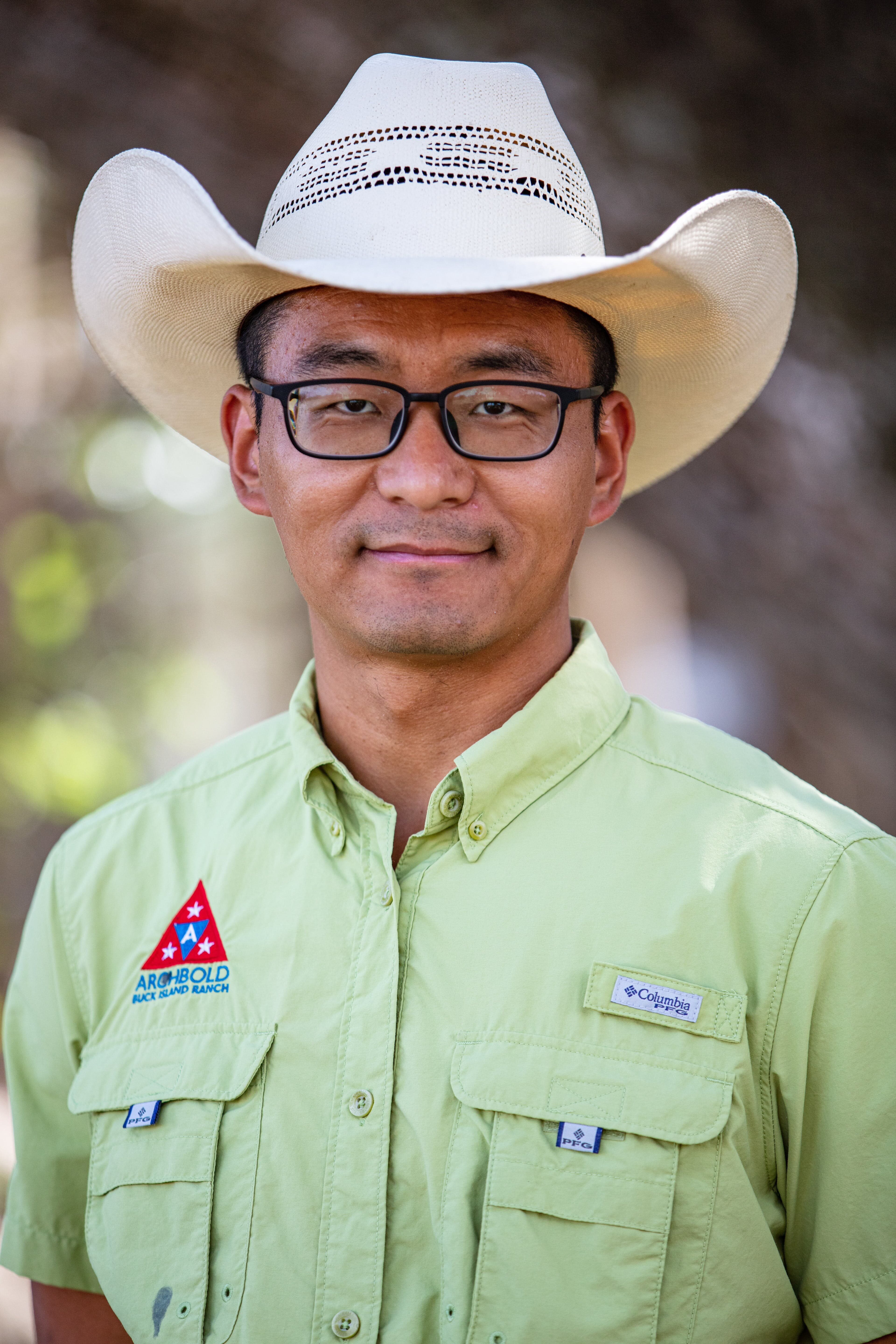
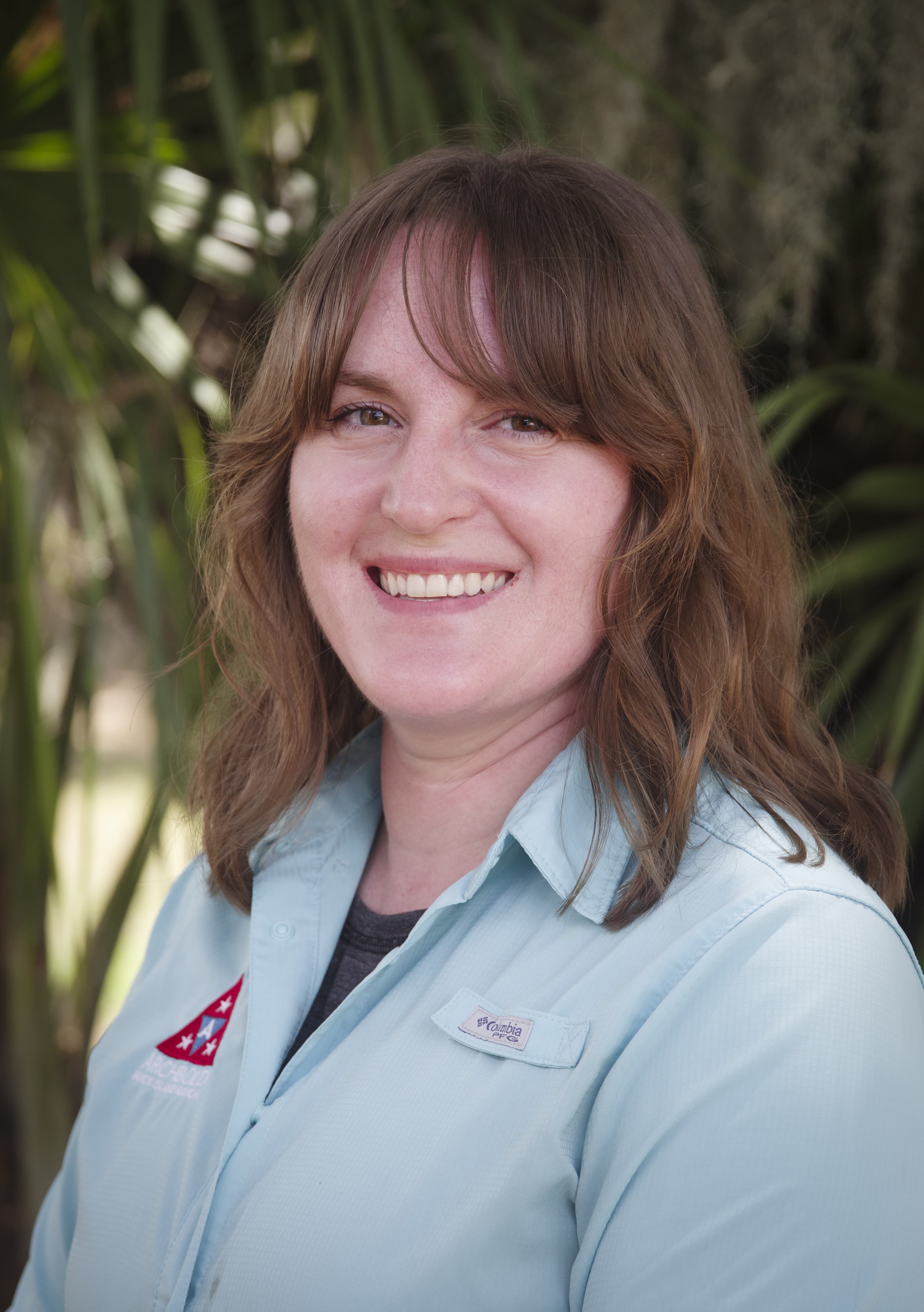
.png&w=3840&q=75)

